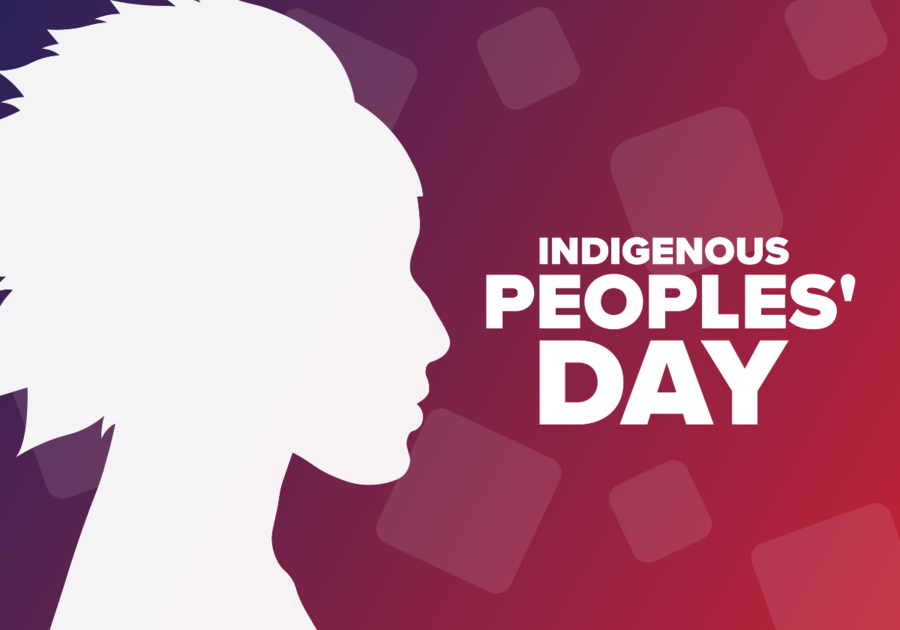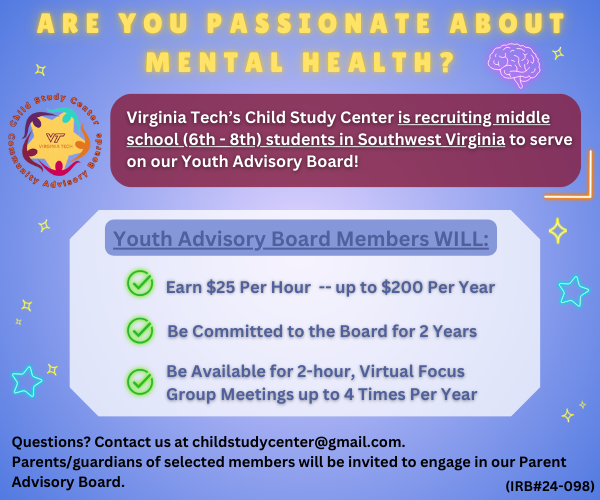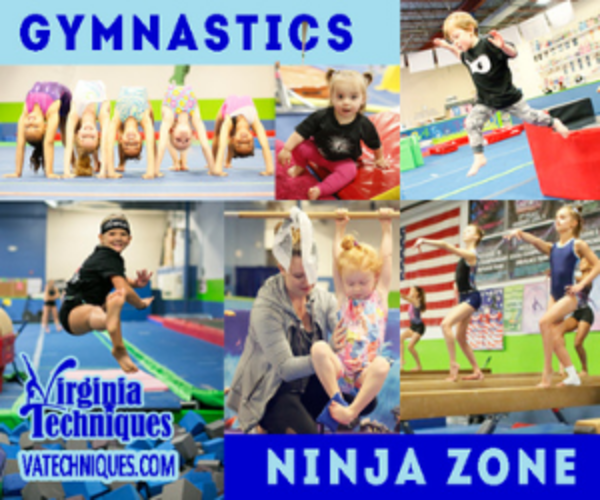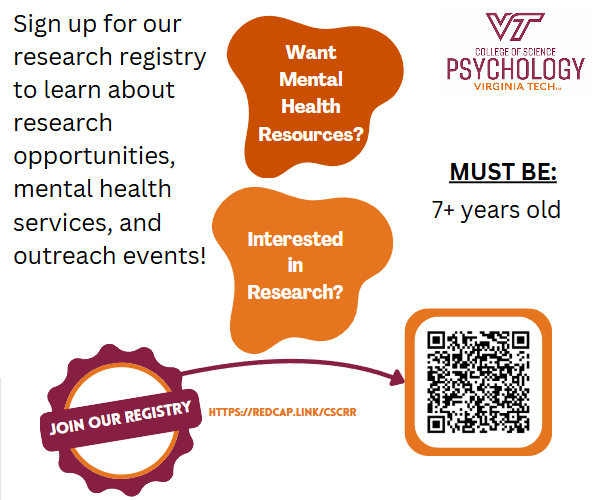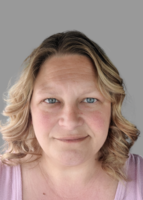Growing up, we celebrated Columbus Day each year in school by learning about Christopher Columbus' "discovery of the New World."
Now, though, we know this whole concept is a myth. Columbus did not really "discover" North America, as millions of people had already inhabited the continent for centuries.
It's also now widely recognized that Columbus brought slavery, extreme violence, and disease to Native Americans. In fact, as this History.com article details, within 60 years of Columbus landing on a Bahamian island in the Caribbean, the population of the native Taino tribe dropped from as many as 250,000 to several hundred.
That recognition of the harm brought on by Columbus is why 130 states and cities across America now recognize the second Monday in October as Indigenous Peoples' Day rather than Columbus Day.
Instead of celebrating Columbus, this new holiday is aimed at celebrating and appreciating the experiences and culture of indigenous people.
Here are four ways you can celebrate Indigenous Peoples Day with your family:
1. Find out about the Native American land where you live
Land acknowledgment is a way to pay tribute to the original peoples of the land that you are on. This is more common in Canada than in the United States. Don't know what Native American tribes called your area home? You can find out on this map.
You and your family can research to find out more about that tribe and its history once you have found out whose land you are on. Colorado Macaroni Kid publisher Christen Reiner recently did this with her family. They researched the Utes Tribes indigenous to their region of Colorado. Your local historical society or library might be a good place to start.
2. Watch a movie
Here is a list of educational movies that help celebrate the Native Americans. These are presented in an authentic way that celebrates their accomplishments.
For younger children, a relatively new series called “Molly of Denali” was created by Alaska natives and is one of the first child-centered shows to feature a Native American lead. You can also find kid-friendly games on the PBS website centered around this show.
There is also a fascinating PBS miniseries called "Native America," that reaches back 15,000 years to reveal massive cities aligned to the stars, unique systems of science and spirituality, and 100 million people connected by social networks spanning two continents. See a preview here:
3. Lobby for change
Does your city or state still mark the second Monday in October as Columbus Day rather than Indigenous Peoples' Day? The Zinn Education Project has an "Abolish Columbus Day" packet that includes resources and sample resolutions for school boards, universities, cities, and states. You and your kids can also write your local and state elected officials about the issue.
4. Read a book
This blog post by Rebekah Gienapp includes a great list of 20 children’s books about Native Americans and First Nations Canadians. These books are written by people who share the same identities as the indigenous peoples the books are about. As our American history with Columbus Day shows, too often history is written by the victor. These stories allow a different voice to be heard.
Helen Partlow holds a Bachelor of Arts in History as well as a Juris Doctorate. She is a Macaroni KID publisher on Long Island, New York, publishing Macaroni Kid Port Jefferson and Macaroni Kid Mt. Sinai.


